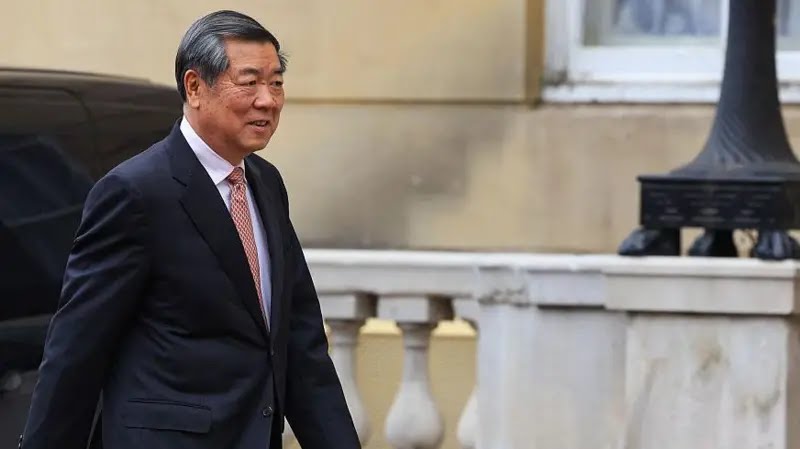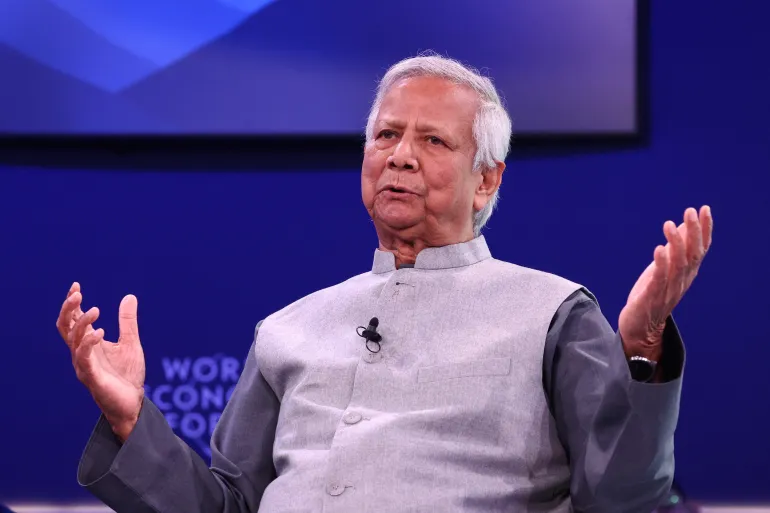291-0A fresh round of negotiations between the United States and China began in London on Monday, in a bid to ease trade tensions that have weighed heavily on global markets. Senior US officials, including Commerce Secretary Howard Lutnick, Treasury Secretary Scott Bessent, and Trade Representative Jamieson Greer, met with Chinese Vice Premier He Lifeng at Lancaster House to reassess commitments made during the recent Geneva accord .
Key Issues on the Table:
761-0Rare earth exports: Washington has accused Beijing of not honouring its promise to resume steady exports, essential for manufacturing everything from smartphones to electric vehicles .
1016-0Technology access: The US has maintained strict export controls on advanced semiconductors and artificial intelligence-related tech. Conversely, China has criticised new restrictions affecting Chinese student visas and business use of US chip design tools .
1314-0These discussions follow a “tariff truce” agreed in Geneva last month, during which the US reduced some tariffs from as high as 145 % down to 30 %, and China reciprocated by dropping tariffs to 10 % . 1548-0Despite this pause, both countries have signalled breaches: the US points to delays in rare earth shipments, while China complains of continuing tech restrictions .
Political Context:
1745-0Last week’s phone call between former US President Donald Trump and Chinese President Xi Jinping has been cited as a catalyst for the London meeting. Trump described the call as “very good,” and claimed Xi “agreed to restart trade in rare earth materials” . 2061-0White House economist Kevin Hassett forecast a brief meeting resulting in “a big strong handshake,” after which both sides would begin easing specific barriers .
Delegations Arrive in London:
The US delegation includes:
Howard Lutnick, Commerce Secretary and key architect of export controls,
Scott Bessent, Treasury Secretary,
Jamieson Greer, Trade Representative.
2255-4The Chinese side is led by Vice Premier He Lifeng . UNESCO agencies indicate Britain is facilitating the meeting but not participating directly.
Market and Industry Reaction:
2580-1Analysts stress the summit’s importance. Swetha Ramachandran of Artemis noted the significance of rare earth diplomacy: “China mines 69 % of the world’s rare earths… there are enough chips on the table that could make it acceptable for both sides to walk away with desired outcomes” .
Next Steps:
Restarting rare earth materials trade and easing key export controls.
Maintaining restrictions on advanced chips intended for defence or AI use.
3027-2UK coordination to finalise separate trade agreements, including a US‑UK tariff deal set for July 9 .
Broader Implications:
3335-0Tensions between the world’s two largest economies carry global consequences. The OECD recently downgraded global growth expectations to 2.9 %, citing rising trade barriers . 3558-0China’s May export data—showing a 4.8 % increase—and a 3.4 % drop in imports signal strained global demand .
—
This London meeting moves beyond a symbolic reset and represents a crucial test of whether US‑China trade relations can stabilize. The outcome will shape technology supply chains, global investment flows, and international economic policy in the months ahead.
Source: BBC News



